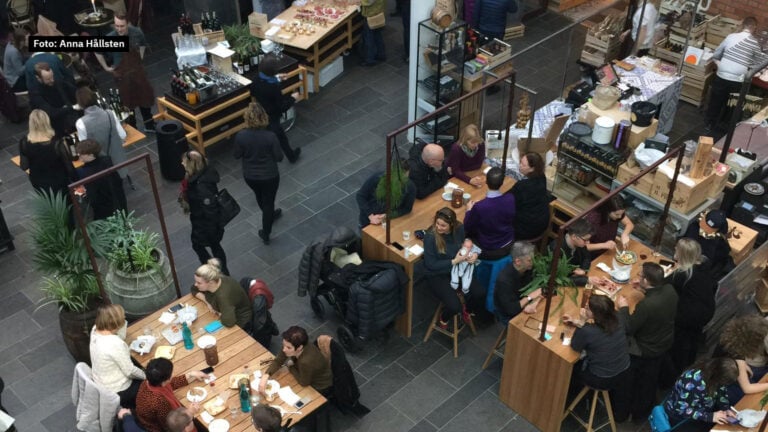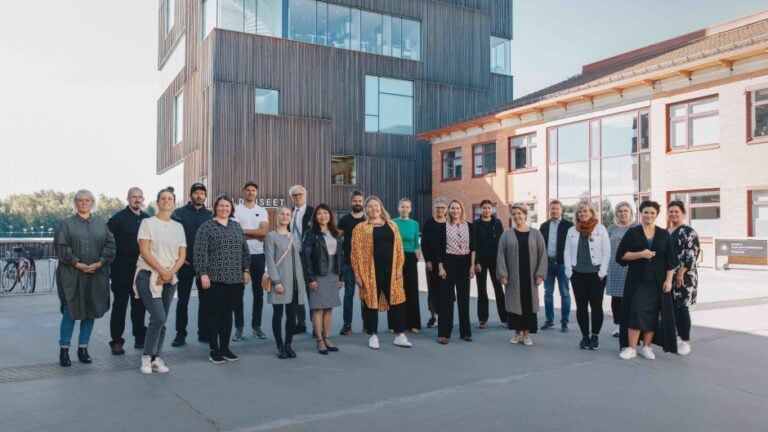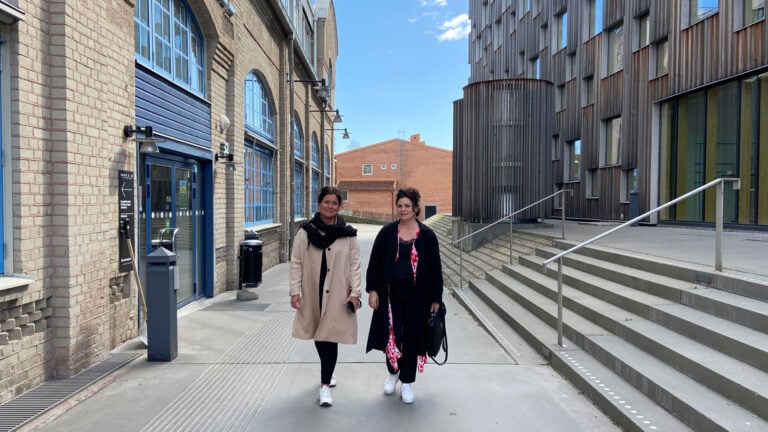During the corona pandemic, companies have faced various challenges related to purchasing and inventory management. Below, we report on the experiences of two companies that describe their experience of working with existing inventories during the corona pandemic and how this has affected both service levels and cost reductions.
It is important to remember that purchasing is not only about inventory (direct purchases), it is also about the cash register rolls you buy for the cash register, the clothes for the staff manning the cafeteria, transport, the pens you use in the office or the sign that displays the name of your business. The latter are called indirect purchases and correspond to things that you do not directly resell but that you need for your daily business.
Company x tells: During the corona pandemic, we have not been able to make the purchases we have needed. It started when we slowed down our purchases when the pandemic broke out, reacting to the great uncertainty that lay ahead. What it meant and how long it would last, nobody knew. We did what many others did: we cut back on our purchases. Then there was a huge demand for completely new parts in our existing range. What had previously been relatively lukewarm commodities suddenly became very attractive to our customers. The problem was that we couldn't meet their demand. Our stocks were empty.
Company y tells us: We offer goods and services that are not trend-sensitive. During the corona pandemic, we have sold from our existing stock as we have not been able to make any new purchases. The consequence has been that we have doubled our cash flow. We are now approaching a mass vaccination and a new era beyond the corona pandemic, at least as we know it now. I will reflect on what I can learn from this approach to my inventory. How can my experiences be valuable in the post-corona era? Perhaps my increased liquidity could allow me to negotiate new terms in the form of 20 day payment terms instead of 30, thus renegotiating our contracts and reducing our costs?
Reflection questions: experiences of stockpiling during the corona pandemic
- In light of the experiences shared by companies x and y, what are your experiences? Have you made any changes during the corona pandemic, if so, which ones and why?
- Have all the changes been challenges that you post covid will leave behind or is there something beneficial and potentially positive that has sprung from it that is worth preserving? If so, what and how can you draw on these experiences?
Reflection questions: general about purchasing
- A proposal for change could be seen as a proposed solution to a problem, need or challenge.Describe what your proposal is a solution to and how it in turn can be linked to increased service levels and reduced costs.
- On what basis do you make purchases today? Do you base your purchases on trend analysis, sales statistics or, for example, experience and gut feeling?
- Could the way you make purchases change in any way? If so, which one(s)?
- Can you negotiate the terms with your suppliers? If so, on what basis? For example: can you offer 20 days payment terms for a lower price? Can you offer to pool more purchases with one supplier to keep your costs down?
Reflection questions: general about stock
- How would you describe an optimal warehouse for your company?
- Do you have one or is there potential for improvement in some form?
- Do customers' needs vary depending on the season we are in? If so, how?
- Are there other uncertainties in demand? If so, what are they?
- Given the variations and uncertainties that have been identified, how can you act to maintain an optimal inventory and service level that is good for you?
Reading tips:
- Five signs you need inventory optimization: https://www.cgi.com/sverige/sv/5-tips-pa-att-du-behover-lageroptimering






